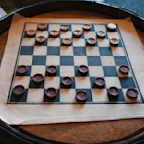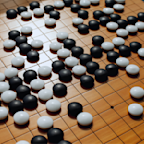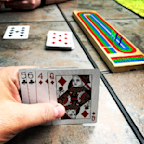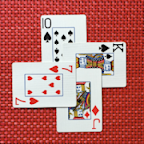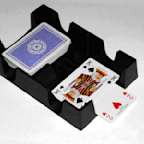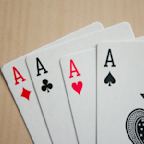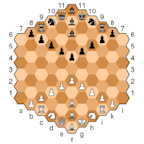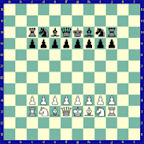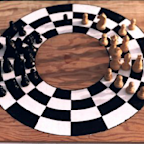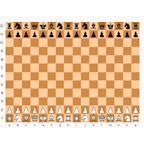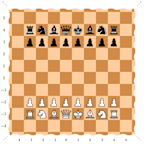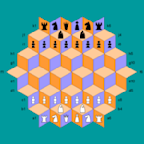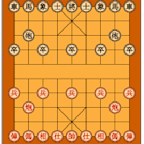Search results
The Chess Master (Chinese: 棋王; pinyin: Qíwáng; lit. 'Chess King'), is a 1984 novella by Chinese writer Ah Cheng. It features characters who are part of the Down to the Countryside Movement, which occurred after the Cultural Revolution.
This article examines the representation of emotion and desire in Ah Cheng's The King of Chess (Qi wang). The interpretation of The King of Chess has been oriented toward an allegorical reading that revolves around grand cultural concepts, such as aesthetics, Taoist tradition, cultural consciousness, and national identity.
- Yanjie Wang
- 2017
By reversing the pervasive anti-traditional trend in modern Chinese literature and eschewing any overt influence from Western literature, Ah Cheng has created in the The Chess Master a radically new fiction that is both thoroughly modern and deeply imbued with the Chinese tradition.
People also ask
Does the king of chess represent emotion and desire?
Why is the king of chess important to Chinese literature?
How is the king of chess interpreted?
Who is Ah Cheng?
Nov 9, 2010 · When Ah Cheng published these three novellas—“The King of Trees,” “The King of Chess,” “The King of Children”—in a quick burst of productivity in 1984 and 1985, the...
Yanjie Wangf. Abstract. This article examines the representation of emotion and desire in Ah Cheng's The King of Chess (Qi wang). The interpretation of The King of Chess has been oriented toward an allegorical reading that revolves around grand cultural concepts, such as aesthetics, Taoist tradition, cultural consciousness, and national identity.
- Yanjie Wang
- 2017
Ah Cheng won the 1992 International Nonino Prize in Italy. Works Screenplays. Yue Yue (1986) Hibiscus Town (1986) Painted Skin (1992) Springtime in a Small Town (2002) The Go Master (2006) The Assassin (2015) Novels and novellas. The Chess Master", also translated as "The King of Chess" (1984)
in Ah Cheng's "The Chess King" THEODORE HUTERS University of Oregon In a recently published article, Rudolf Wagner (1987) offers a definition of the two major roles that modern Chinese writers have perceived themselves to be filling. Both roles, one envi-sioning the writer as highly moral "investigator and social doctor"

